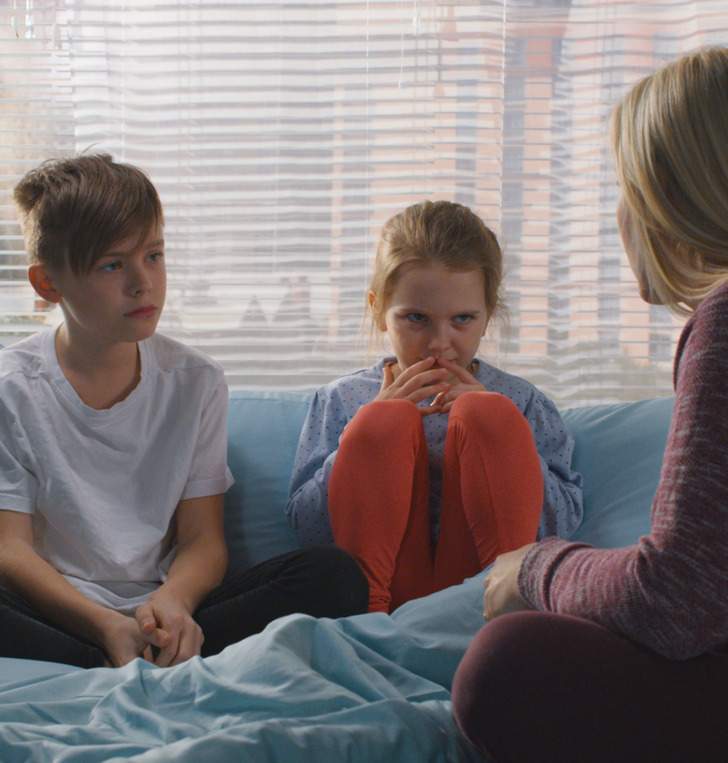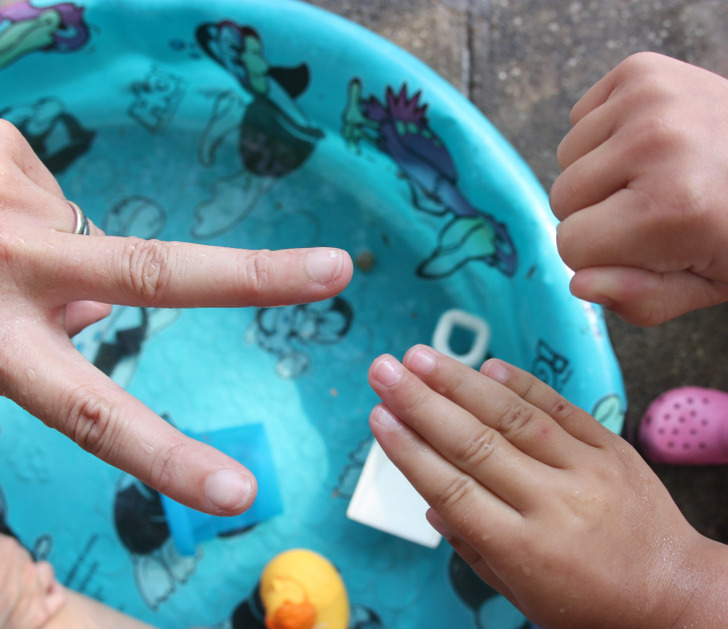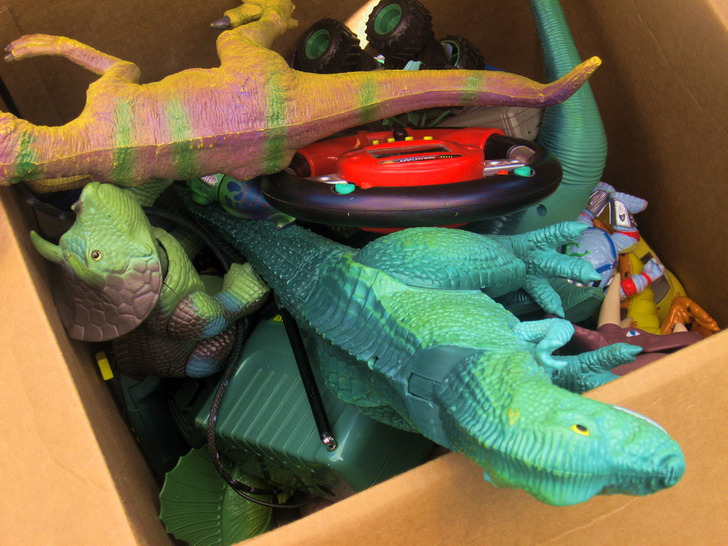13 Simple Ways to Help end the Fighting Between Your Children
Actually, sibling rivalry is, to an extent, inevitable and even healthy. This is how, from an early age, children learn to deal with difficult situations, to get what they want and to stand up for their own interests. They will need these skills in the future, both at work and in family life. But when the children’s room turns into a battle field from morning up until bedtime, and the screaming doesn’t seem to stop, even for a second, it’s hard for parents to step back and stay calm.
Here at CHEERY, we’ve decided to study the advice of psychologists to find out how to reduce arguments between children. And what to do if a conflict has already broken out.
You can create a timetable, and give everyone their own timer
Disputes often arise around all sorts of gadgets: games consoles, phones, tablets and, of course, the TV. But to keep the fighting to a minimum, you can make a clear schedule, giving a time slot per gadget for each individual. The children can then keep track of it themselves with their own personal timers, or alarm clocks. Mum or dad should give a gentle reminder when the time is about to run out, this way, the child can mentally prepare for the end of their turn.
Use stickers for the favourite toys
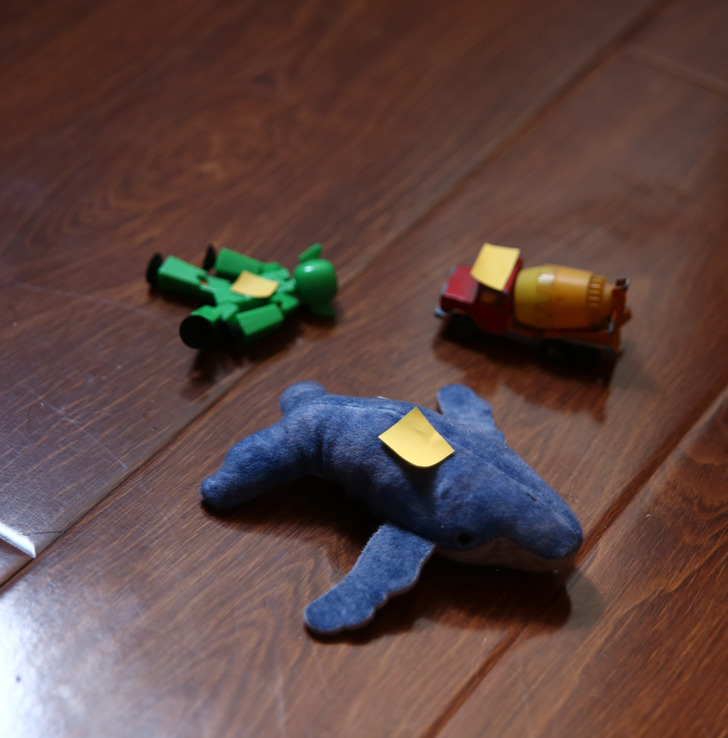
All little ones have their favourite things that they don’t want to share. To prevent conflicts, each child is given 3-4 stickers to put on such items. The sticker can be moved to another toy, but then the child will no longer have claim to the “exclusive ownership” of the original one.
It’s best to praise your kids in the earshot of others, but scold them in private
When children behave well and take care of each other, it’s worth encouraging such behaviour. You should praise them as loudly as possible, concentrating the bulk of your complimenting, not so much on the child, but on what they’ve done. Telling them off, on the other hand, especially for mistreating a sibling, is best done in private. Otherwise, they are likely to use what they heard in future arguments.
Think of a different activity for each child
Often children simply get tired of each other. After all, at a young age, siblings spend more time with each other than with anyone else. To reduce the stress, you can plan separate outings, or enrol them in different clubs. The children will have a much needed break from each other, and mum or dad will be able to spend the time with the child that stays at home.
Draw up an agreement with your children
If your children are old enough to be able to read/ write, you can suggest drawing up a contract, stipulating the main points of communication. It should clearly address any topics that can be cause for conflict, such as rules on using various gadgets, rooms and so on. The children then sign the document and hang it up in an easily visible place.
Don’t look for someone to blame
If you’ve ended up having to intervene in a children’s argument, try not to play the judge. Let everyone involved talk about what happened from their perspective, this will help clarify the cause of the quarrel. When parents blame one of the children, or immediately interrupt the argument by pointing out the culprit, it only worsens the relationship between the kids.
Of course, it can be hard to resist exclaiming “You’re picking on your sister again!” But it’s better to replace these emotional remarks with something more neutral. For example: “I can see that you’re both upset. Maybe it’s time to take a break.”
Don’t try to immediately stop the argument
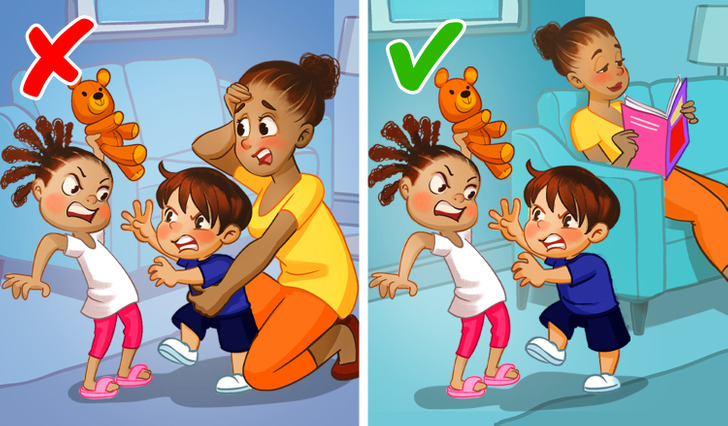
During arguments, children learn to deal with difficult situations, to negotiate, and to come to a mutually acceptable solution. It is, therefore, a good idea not to intervene in every single conflict. If the children aren’t hurling insults or physically fighting, it’s better to let them settle things between themselves. Especially as children’s quarrels are one of the ways of getting their parents’ attention, and if you lash out at every shout, the arguments will certainly not subside.
Plan all family outings ahead of time
A dispute can happen, seemingly, out of the blue. If children are tired, or hungry, they’re likely to throw a tantrum, or start a fight just to vent their anger and express their discomfort.
It’s worth thinking through these possibilities in advance, so you can be more prepared. Stock up on snacks and water before leaving the house. Negotiate in advance, about who is going to take which seat in the car, and who gets to push the trolley around the shop.
In some situations, it’s best to take a break
When a simple argument starts escalating into a fight, it’s time for mum or dad to intervene. Best thing to do is to separate the children at once, let them calm down and take a break from each other. Then, when their emotions have subsided, allow each one to tell you what happened from their perspective.
When arguments are happening too often, you can ask them if they need parental help. And, instead of judging the children’s behaviour, just have them stop playing together for some time. Perhaps, after a break, it will be easier for them to find common ground.
In an impasse, use “rock, paper, scissors”
If, even after a long and calm discussion, the children are still unable to come to an agreement and share their toys, you can rely on chance and offer them a game of “rock, paper, scissors”, or a coin toss. This will make the children feel like they are somehow in control of the process and will avoid any disputes about the fairness of the decision.
Instead of threats and punishment, use prohibition
Sending children to different rooms, or punishing them, can ultimately do you a disservice. Especially when it comes to toddlers. When mum or dad tells the little one to calm down or to stop doing something, it’s as if they are putting the responsibility on the child.
This concerns and frightens a toddler, because they don’t yet know how to control their emotions. Meanwhile, the suggestion to take a time out in another room communicates, to the child, that the parents don’t want to be in the same room as them. It’s better to replace a phrase like “stop fighting right now” with “I won’t allow for any fighting”.
Allow each child to have quality time alone with you
To help children fight less over parental attention, it’s a good idea to add quality private time to the daily schedule. Mum and dad should devote these times to one child at a time, without being distracted by the others. There’s no need for a ton of alone time. For pre-schoolers, 5 minutes is enough, while for older children, make it 10 — 15 minutes.
If you’ve taken away the source of the conflict, it’s worth returning it a few minutes later
Sometimes the only way to stop a fight is to take away a favourite toy or gadget. But hiding the item for a long time is not a good idea. This will help to prevent arguments later on, but won’t teach the children to negotiate on their own. So it’s better to give the item back to the kids after a few minutes, and give them another chance to come to a mutual agreement.
Do you have your own ways of quickly ending a children’s argument?

